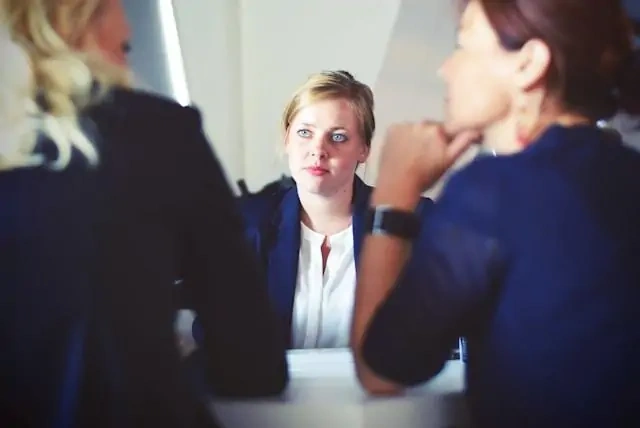Louisiana, known for its vibrant culture and rich history, is also home to a growing emphasis on public health and safety. As automated external defibrillators (AEDs) become more commonplace in schools, workplaces, and public venues, their importance in emergency situations cannot be overstated. However, the widespread presence of these life-saving devices also raises critical legal questions surrounding AED liability. When an AED fails to function correctly or is improperly used, it can lead to devastating consequences, leaving both individuals and institutions exposed to potential legal claims.
Understanding the intricacies of these liability issues is vital, especially as Louisiana’s laws and regulations regarding AEDs evolve. Key considerations include the duty of care owed by those responsible for maintaining AEDs and the adherence to state guidelines regarding their use and accessibility. In cases where harm has occurred due to a malfunction or misuse, navigating the legal landscape can be challenging. This is where a Louisiana AED liability lawyer can help your case by providing the expertise needed to assess responsibility, build a strong defense, and advocate for those affected. With the right legal support, individuals and organizations can ensure accountability and promote a safer environment for all.
General Legal Worries
Legal issues frequently arise in cases involving AED incidents, with questions surrounding device upkeep and user instruction being common concerns. The incorrect management of AED devices can result in severe repercussions. In such instances, the guidance of an experienced legal professional is essential. An experienced lawyer can unravel such scenarios to identify the factors and possible responsibilities at play.
Evaluating Responsibility for Care
The concept of duty of care is a principle that entails the obligation one party has to prevent harm to another individual or entity in AED-related situations. It can be difficult to determine who bears this responsibility and if it was fulfilled properly. Businesses, educational institutions, and public places should guarantee that AEDs are operational and easily accessible. Legal experts can help evaluate whether these duties were fulfilled.
Assessing Adherence to Rules and Guidelines
Laws related to AEDs differ depending on the location and can cover things like where to put the device and how often it needs maintenance or training for new users. It’s important to follow these rules to ensure a smooth legal process in case it becomes necessary. Lawyers are able to check if the regulations are being followed properly, and this information can affect court cases involving responsibility.
Establishing a Defense Strategy
When individuals are accused of AED liability issues, it is crucial to build a strong defense strategy in response to the allegations. Legal professionals put in effort to collect evidence, interview witnesses, and examine information. Their goal is to prove that their clients behaved responsibly and in line with the relevant standards. A thorough defense can help reduce consequences and safeguard reputations.
Standing Up For Individuals Who Have Been Wronged
There are times when people might get hurt because of using malfunctioning AEDs or having faulty equipment in place. Those who have been harmed should receive compensation and justice for their injuries. Legal experts stand up for these individuals by seeking damages from those responsible. They work towards reaching outcomes that take into account the physical as well as the emotional suffering endured by the victims.
Offering Testimony
Cases involving liabilities related to AEDs frequently necessitate the testimony of experts in the field. Attorneys facilitate connections between their clients and specialists who have expertise in the relevant areas. These professionals provide multiple perspectives on the operation of AED devices, industry benchmarks, and medical consequences. Their testimony plays a vital role in legal proceedings impacting court decisions and agreements.
Facilitating Discussions
In some cases, settlements are a better option than dragging out court battles for too long, which can be quite tedious and expensive for everyone involved. Lawyers are key in making these negotiations happen. They aim to secure good results for their clients by weighing legal matters against financial factors. Effective negotiation tactics can help save time and money and reduce stress for all parties involved.
Securing Readiness for the Future
Lawyers go beyond simply solving problems. They also assist clients in getting ready for what lies ahead by offering guidance on the proper management of AEDs – from regular upkeep and staff training to ensuring compliance checks are in place. Taking these suggestions into account can help individuals and businesses lower the chances of facing issues in the future.
In Summary
Handling cases involving AED liability demands legal know-how and skills from the professionals involved in navigating such complexities. It goes beyond just representation to providing guidance and strategic planning services for their client’s benefit, whether they are defending against accusations or fighting for justice on behalf of victims. Lawyers play a crucial role in ensuring fair resolutions and fostering a safer community overall by recognizing the significance of legal aid in these scenarios. As a result, individuals and companies can approach AED-related issues with assurance and accountability.
